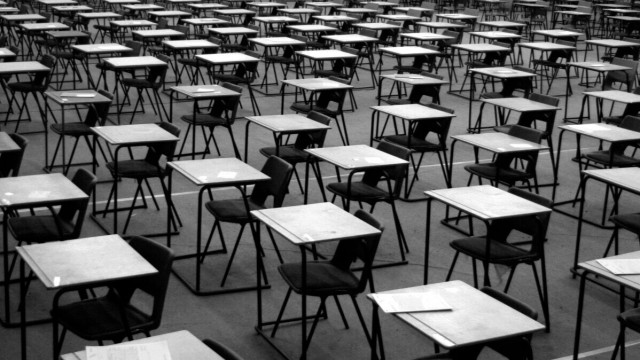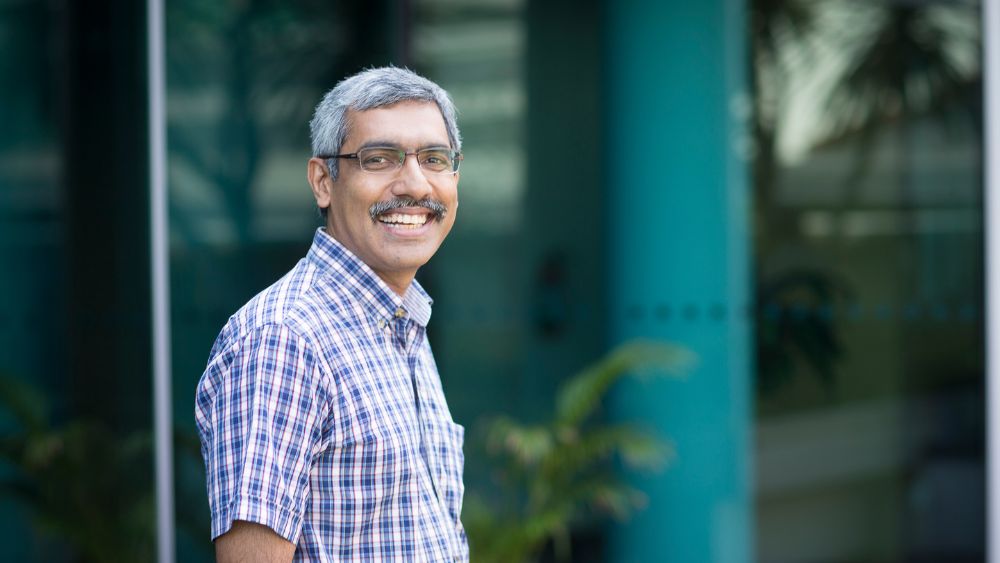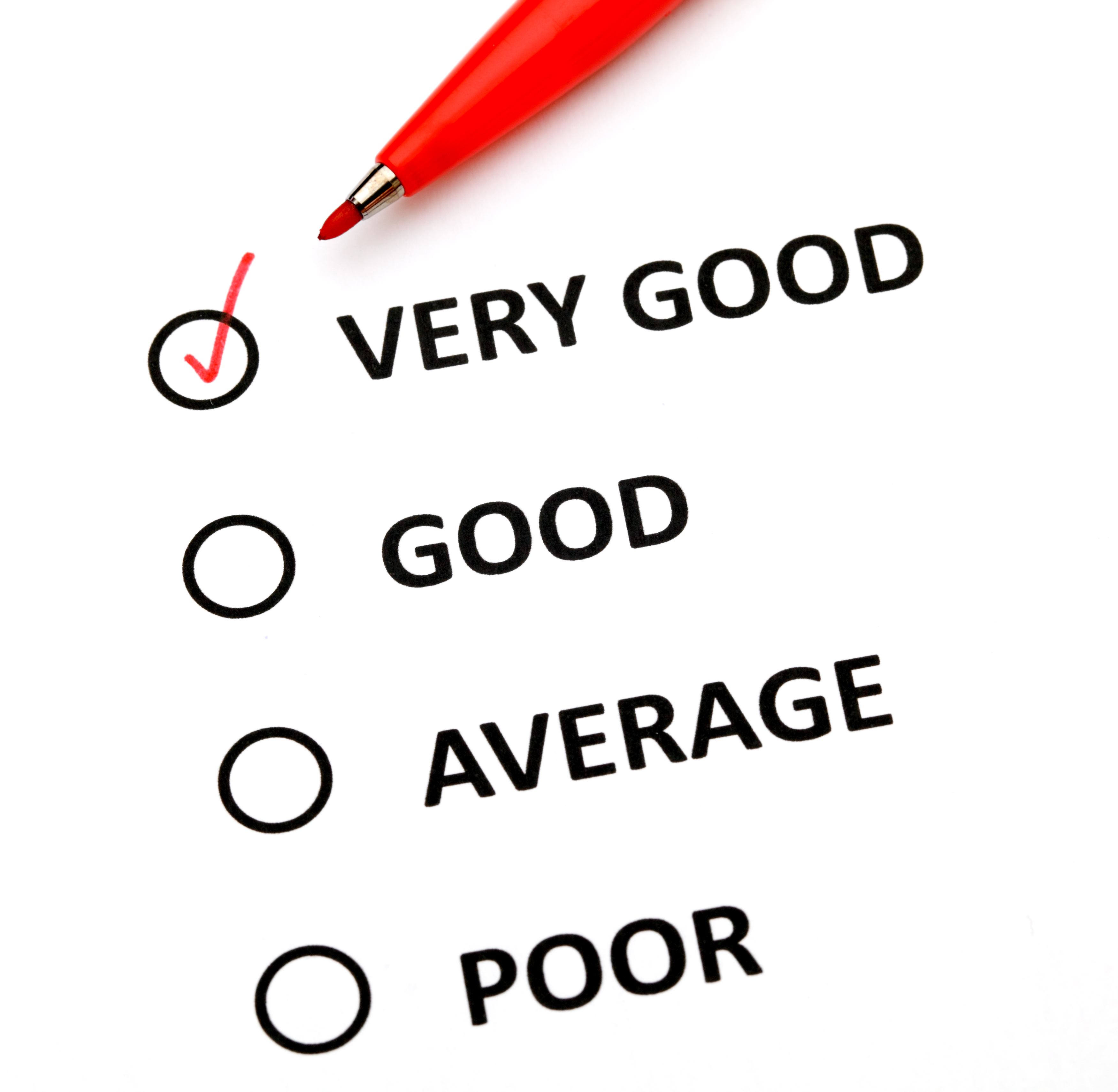
Will Exams Ever Become Obsolete?
For years, standardised testing has polarised educators, students, parents, and even policymakers. Professor Shankararaman, Vice Provost (Education) and Professor of Information Systems (Education) at SMU, spells out some of the disadvantages of standardised testing, sharing how SMU takes an alternative approach to assess their students. Amid calls to do away with what many consider obsolete, he explains why standardised tests are still being implemented around the world.
Months ago, parents were up in arms in the wake of a particularly tough PSLE Math exam; some felt that their children were demoralised by the difficult questions posed, especially after having spent a good part of the past two years struggling with home-based learning. Meanwhile, numerous US states such as Michigan and New York have sought K-12 standardised testing waivers after another year in pandemic; while Finland’s education system – regarded the best in the world – requires only one standardised test (PISA, also known as Program for International Student Assessment, introduced in 2000) at the end of the students’ senior year in high school.
Although Singaporean students routinely rank top in maths and science among their global peers, is it time to relook our education system to promote a more holistic teaching environment? In short, will exams ever become obsolete?
We speak to Professor Venky Shankararaman, Vice Provost (Education) and Professor of Information Systems (Education), School of Computing and Information Systems (SCIS) at SMU to understand the importance of standardised testing and how alternative methods of assessment and grading can determine aptitude in a meaningful manner.
The role of traditional exams and tests
For years, standardised testing has polarised educators, students, parents and even policymakers.
But with the changes to how knowledge is consumed today, largely via the Internet, alongside the ongoing pandemic that has caused upheavals to education systems globally, perhaps the question we need to ask is: do traditional exams and tests still have a role in society moving forward?
Amidst cries to do away with what many have deemed an antiquated system, Prof Shankararaman shares the reason behind why standardised testing is still done globally. Its need and purpose, he says, is simply for “an assurance of quality”. There are instances where standardised testing is necessary, such as in the case of the SATs (Standard Assessment Tests) which are used for college admissions in the United States.
“With different American states having different levels of education, the introduction of SATs presents a levelled playing field for students who wish to enter certain universities and colleges,” Prof Shankararaman explains.

For instance, if a student were to get an A grade or a GPA score of 4, it informs not only the student, but also teachers, parents, and even potential employers, that the student understands the course material and is of a certain calibre, he explains. In addition, some industries like accounting require professional qualifications such as the Certified Practising Accountant qualification to certify one’s professional abilities.
Standardised testing is also favoured by educators and policymakers for its ease, says Prof Shankararaman. He shares that while there are alternative methods like oral testing, project work and presentations that can help assess a student’s abilities, the challenge lies in its scalability.
As such, doing away with standardised testing completely is not a feasible option and could also lead to backlash, with critics commenting that students receive a free ride through university because they no longer feel the need to master the curriculum. Another reason for the need for formal exams and tests, he adds, is to hold faculty accountable, as papers set are often peer-reviewed, which ensures certain standards are maintained. Ultimately, tests and exams exist to ensure that students do study and know where they stand.
“After all, the whole idea is to gain new knowledge, experience and skills through life,” he emphasises.
The disadvantages of standardised testing
However, Prof Shankararaman adds that there are disadvantages to standardised testing, especially when many exams are mainly focused on memorised knowledge: “In the real world, we know that you don’t need to memorise things a lot. Instead, it is more important to have the ability to quickly locate the right info, analyse it and apply it.”
Herein lies the problem: standardised testing has been widely touted to support rote learning, instead of reflecting one’s true capabilities. Standardised testing can also end up becoming a factory system, which “leads to an automatic, non-personalised test” and often results in “polarisation.”

“In the real world, we know that you don’t need to memorise things a lot.”
Prof Venky Shankararaman
Vice Provost (Education) and Professor of Information Systems (Education), SMU SCIS
And given the fast-changing economic landscape and an increasingly globalised environment, how relevant are these standardised tests in assessing and determining one’s potential and abilities at such a young age, as with the case of Singapore’s PSLE? More importantly, standardised testing cannot account for every student’s ability, as it doesn’t take into account students who might be late bloomers or have anxiety issues and might not be able to function well during exams.
Instead of standardised tests, Prof Shankararaman suggests rethinking how students can be assessed. “While some selective summative assessments will still be needed, alternative methods such as class participation or project work can be considered as well.”
At SMU, assessment methods vary from take-home exams, time-based in-class tests and exams to group project work, solo projects, summative assessments and even quizzes.
“Different students have different strengths and weaknesses and having a range of different assessment methods allows both educators and students to demonstrate their depth of understanding and capabilities,” Prof Shankararaman explains.
More important, assignments should stimulate students’ curiosity while allowing them to showcase their creativity and imagination. As he adds: “If assignments are purely exam-based, it could be unfair to students who are not the best in taking exams. After all, you are not testing their abilities to take exams."
More than just academics: a holistic education journey at SMU
Prof Shankararaman shares that SMU has introduced a set of Graduate Learning Outcomes (GLOs) since 2017, where learning goals like Disciplinary and multidisciplinary knowledge, Intellectual and creative skills, Interpersonal skills and Personal mastery that encompasses self-directedness and resilience, form a holistic educational journey. More pointedly, these learning goals are just as important to every student, regardless of their discipline.
And it is through these learning goals that students can obtain feedback to improve their capabilities. “What we’re trying to do is give more feedback to the students, and we want to do so right from the start when they are in their first year.”

“(Providing them with feedback) is going to be more important and useful than just letting the students know that they have a GPA score of 4.”
Prof Venky Shankararaman
Vice Provost (Education) and Professor of Information Systems (Education), SMU SCIS
To do so, Prof Shankararaman has proposed an exercise whereby feedback is not only provided by the SMU teaching faculty, but also include peer reviews from group project work, as well as self-assessments. “For each of the criteria, assessors can choose from a list of terms like ‘excellent communicator’ or ‘confusing’ to create a word cloud, which the student can then access to view their feedback,” he elaborates. The objective is to present students with an opportunity to see how their unique word clouds change over the years; hopefully for the better. More importantly, SMU hopes to use the consolidated view of the terms that crop up in these word clouds to better understand how instructors can help students improve their skill sets.
“This is going to be more important and useful than just letting the students know that they have a GPA score of 4,” he explains.
But that’s not all. Prof Shankararaman also believes that this “word cloud” feedback would also be useful in showing potential employers one’s abilities and how one has improved his or her skills over time. This, he shares, is all part of getting students on a “path of lifelong learning”, with insights gleaned through self-assessment, peer assessment and instructor assessment.
“Previously, one might be sent for a month-long training programme at a company’s headquarters, but now, you would be expected to learn on the job,” he says.
“As educators, we have to see how we can shift our assessments towards lifelong learning and give more meaningful feedback to equip our students so that they will be able to contribute fully when they’re out in the workforce.”
The verdict
Ultimately, Prof Shankararaman cautions against the sole use of standardised tests to determine one’s abilities. “Not all top academic students will do great in life. Some students come in with high grades, but find themselves struggling in university,” he shares, based on the numerous students that he’s taught and encountered.
In fact, he’s personally interviewed many students who applied to join SMU’s SCIS, and admits that sometimes students are accepted despite having less than stellar grades: “They might have excelled in other ways, like launching a mobile app in their spare time, and we focus on that instead. And this is why interviews are important as part of the assessment process because it’s something that standard tests cannot pick up.”
So while standardised testing will always have its place in modern society, especially where education is concerned, educators and schools need to look beyond the grades and focus on a more holistic approach to help students learn and improve their capabilities, because that is what will matter the most in their journey forward.
Come on a holistic education journey with SMU! Check out our admissions site for more information.



